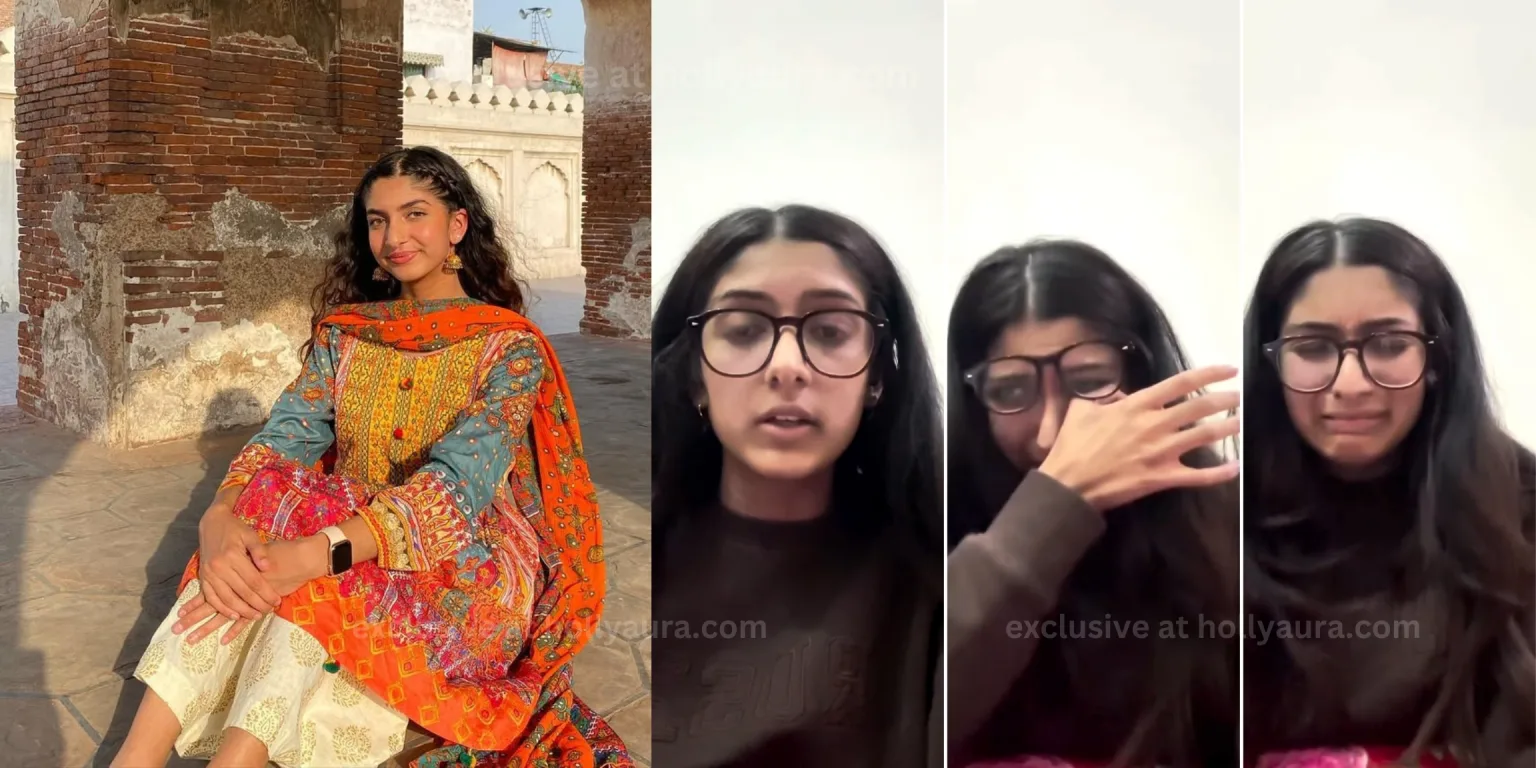Introduction
In a heartfelt appeal that has captured global attention, 20-year-old Zaha Noor shares her harrowing experience of being trapped in Pakistan against her will. A dual citizen of the U.S. and a victim of parental authority gone wrong, her story sheds light on critical human rights issues in the country. Zaha’s situation raises essential questions about familial power dynamics, the responsibilities of law enforcement, and the accountability of international bodies like the U.S. Embassy.
Adding to her cry for help, Zaha took to Instagram under her username @zahanooor, posting:
“IN DANGER OF HONOR KILLING – DECEMBER 14, 2024 @unitednations @usembislamabad @tahirihjustice #help #danger #honorkilling #usembassyisb #explorepage #feedfeed #islamabad #islamabadpakistan #gethelp”
Her post, accompanied by the caption “Original audio”, serves as a distress signal to global organizations and human rights activists, imploring them to take swift action.
Background of the Zaha Noor Case
Zaha’s Story
Zaha Noor’s ordeal began when she was lured to Pakistan with the false promise of a one-year visit. Unfortunately, two and a half years later, she finds herself living in fear, completely disconnected from the world that once knew her as a vibrant student with aspirations. Under the harsh scrutiny of her father, Muhammad Shukat Azim, Zaha faces the terrifying prospect of an arranged marriage to a man she does not know.
Cultural Context in Pakistan
Zaha’s experience is not an isolated case but a reflection of deep-rooted cultural practices in parts of Pakistan, where familial authority often trumps individual rights. Many women find themselves in similar situations, facing societal pressures that prioritize honor over personal freedom.
Key Issues Raised, In Zaha Noor Case
Human Rights Violations
Zaha’s plea accentuates a blatant violation of her basic human rights. No one should ever be subjected to violence or coercion merely based on familial obligations. The emotional trauma inflicted by her father’s actions and the fear for her life are stark reminders of the urgent need for reform.
Injustice Faced by Women
Every day, countless women in Pakistan endure domestic violence and emotional abuse at the hands of their family members. Zaha’s case underscores the larger issue of gender-based violence that is often overlooked or silenced, leaving victims vulnerable and without recourse.
The Role of Family
Domestic Violence in Pakistan
Zaha’s father resorted to violent threats and intimidation, showcasing a dangerous trend of domestic violence that is alarmingly prevalent. How many more young women must suffer in silence before change becomes a priority?
Pressures of Honor and Shame
In many communities, the concept of honor can drive families to extreme measures to control the behavior of their women. Zaha’s struggle illustrates this pressure, as her family’s desire to “protect” their reputation outweighs her own rights and happiness.
The Response from Authorities
Inaction of the Police
Despite the serious threats Zaha and her husband faced—from masked individuals targeting them for violence—the local police dismissed their pleas for help, labeling the incidents as mere robbery attempts. Why is law enforcement failing to protect those who urgently need it?
The Role of the U.S. Embassy
Even more alarming was Zaha’s experience with the U.S. Embassy, where her call for help was met with indifference. What does it say about the protection of American citizens abroad when their lives are in danger, yet their government fails to respond empathetically?
Global Spotlight on Zaha’s Case
Through her Instagram post, Zaha has shone a light on her plight and brought attention to a broader pattern of human rights abuses. As the post continues to circulate on social media, tagged with organizations like @unitednations and @usembislamabad, it prompts discussions about the responsibilities of local authorities and global institutions.
Zaha’s call for help, echoing through hashtags like #honorkilling, #help, and #danger, serves as both a personal plea and a rallying cry for change.
Solutions for Zaha and Others
Local Activism and Support
Communities in Pakistan must rally together to support victims like Zaha. Activism plays a vital role in raising awareness and pushing for legal reforms. By spotlighting these stories, individuals can take initiatives to protect and empower the vulnerable.
Calling for Government Action
The Pakistani government should prioritize women’s rights and provide safe spaces for those escaping harmful situations. What policies can be implemented to ensure the safety and well-being of young women in peril?
Importance of International Awareness
International organizations and foreign governments should take a firmer stance against human rights violations globally. Heightened awareness can lead to advocacy and support for victims, ensuring that cases like Zaha’s do not go unnoticed.
Conclusion
Zaha Noor’s plea for help is a call to action not just for Pakistan but for the entire world. It underscores the pressing need for societal change and global accountability. By rallying behind Zaha and other women like her, we can turn stories of suffering into catalysts for justice and reform.
Let’s ensure that Zaha’s voice, amplified through social media, leads to meaningful action and lasting change.
For more updates Hollyaura.com





